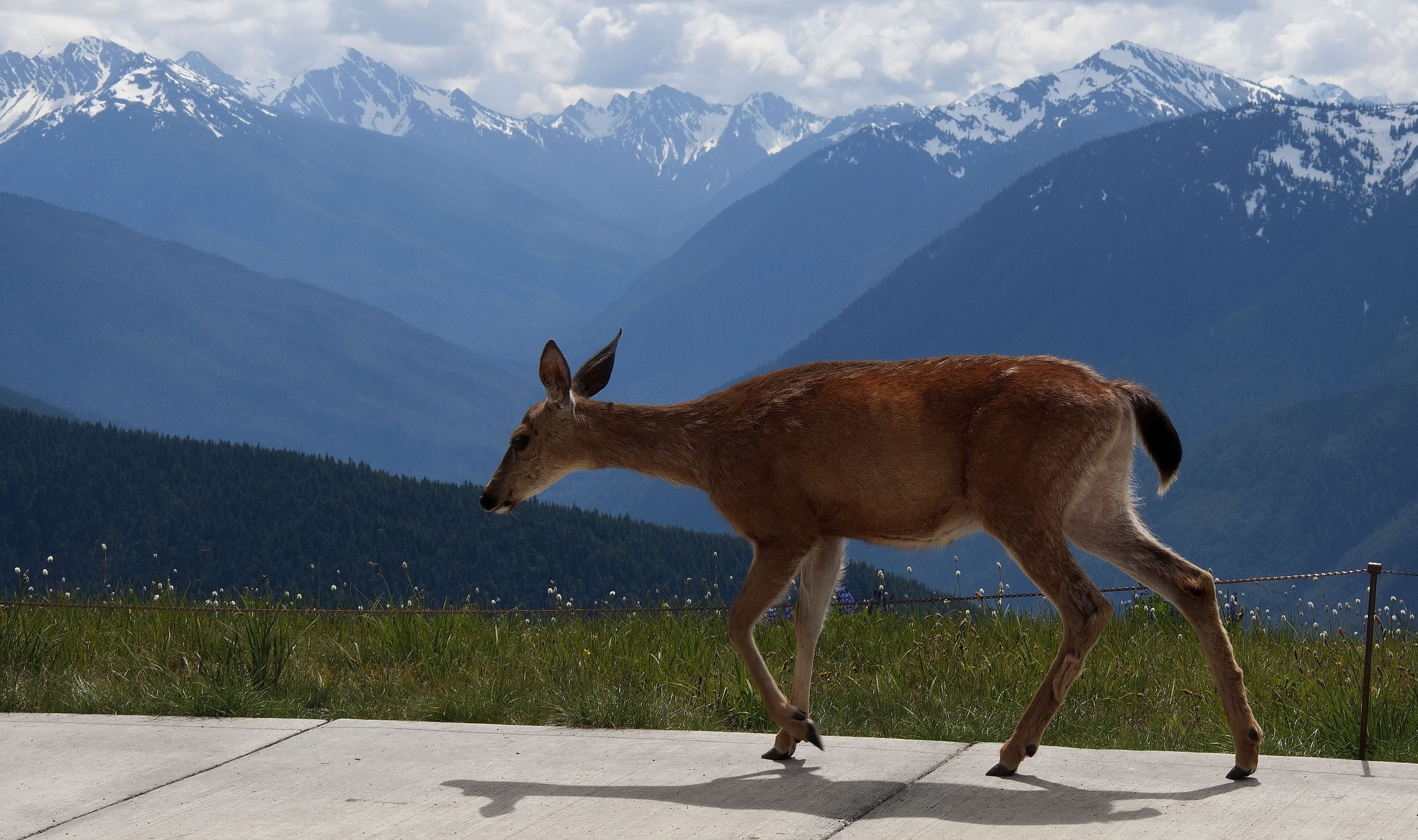Climate Change: Still Swimming as Fall Arrives
Autumn has officially arrived, which generally means little in East Texas as far as a break in the weather. As climate change continues wreaking havoc, with massive storms, heat waves and other freakish weather, no one knows when the first cold snap actually will arrive here. This year is certain to be the hottest year on record, according to NASA. Last year was the hottest year before that, and 2014 the hottest prior to that. See the pattern?
At the same time a dispiriting number of flat-worlders — including the Republican nominee for president — continue to deny climate change exists, caused by human activity. The GOP nominee has repeatedly called it a “hoax.” Of course, he only recently admitted President Obama was indeed born in the United States. The nominee served as the leading voice of the “birther” movement for five years. Maybe in another five years he will come around on climate change. Doubtful.
Naysayers about climate change abound, despite the fact that the vast majority of climatologists, earth scientists and meteorologists who have conducted studies on the topic conclude that humans are causing climate change. Belching coal plants in China and East Texas, vehicle-choked freeways, decimation of millions of acres of forests are some of the culprits. The list is long. Too many of us continue at our peril to ignore the risk that climate change poses to us, our children and grandchildren. I believe that is true as strongly as I believe in gravity.
A little over 18 months ago, I spent a week with a group of environmentalists and photographers on a magazine reporting trip from Chihuahua City, Mexico to Big Bend National Park on the Rio Grande. We left the city of 900,000 headed north, stopping along the way to talk to farmers who relied on canals that transported water from the Rio Concho and its tributaries — so-called collective-irrigation farmers — who have banded together to improve the efficiency of the water they draw from the river, with the able assistance of the World Wildlife Federation.
Later, I talked, through a translator, to ejido farmers, who live isolated in the Chihuahuan Desert and rely solely on rainwater for their crops. WWF was working with them as well to improve their ability to use the sparse rains as best as possible. I also spoke with graduate students at the University of Chihuahua who were creating research projects to more efficiently catch rainfall in the city for future use, rather than watch it uselessly run off the growing expanse of asphalt and concrete.
These people of exceedingly modest means live in a desert climate that survives on the rainfall that largely falls from July to September. Many come from multi-generational farming families. All of them agreed that climate change was real, that they had seen the results — less rain, more severe storms in which the rainfall just runs off and cannot be captured, more extreme weather events. Most of them could not articulate why, didn’t blame the coal plants, gas guzzling SUVs, etc., but they simply acknowledged that over the past several decades the climate had changed for the worst. And that is why, since they have no choice if they are to survive, they welcomed the advice of hydrologists and others who could help them better capture a diminishing resource — water. Intrinsically, they get climate change.
So autumn arrives in East Texas, and on its first day I jump in a swimming pool whose water is still warm enough for me to make a few laps comfortably. (I acknowledge the irony.) It is the conclusion of our fifth summer here, and the first I could still swim. By now, the nights usually have cooled off enough that the water is cold to my old bones, and I stay out of it. Not this year, at least not yet. Scientifically, that means nothing, of course. But I read stories of massive flooding in Louisiana, forest fires out west, a melting Arctic Circle, a litany of species at risk, increased coastal flooding as oceans rise, increased risk of diseases such as malaria, and I wonder as autumn — my favorite season — arrives: When are we going to stop deluding ourselves and get serious about trying to save this planet for future generations?
I likely have no more than a couple or three decades left on this planet. Or a week. This is definitely not in my hands. So the damage we are inflicting probably will only mean minor discomforts for me and my immediate family — hotter summers, etc. — unless we happen to live somewhere suddenly hit by 20 inches of rain in a day, where homes flooded that long ago were considered on high ground.
But I shudder for what future generations face if we do not get our act together.
I am not optimistic that we will.
Leave a reply
Fields marked with * are required











